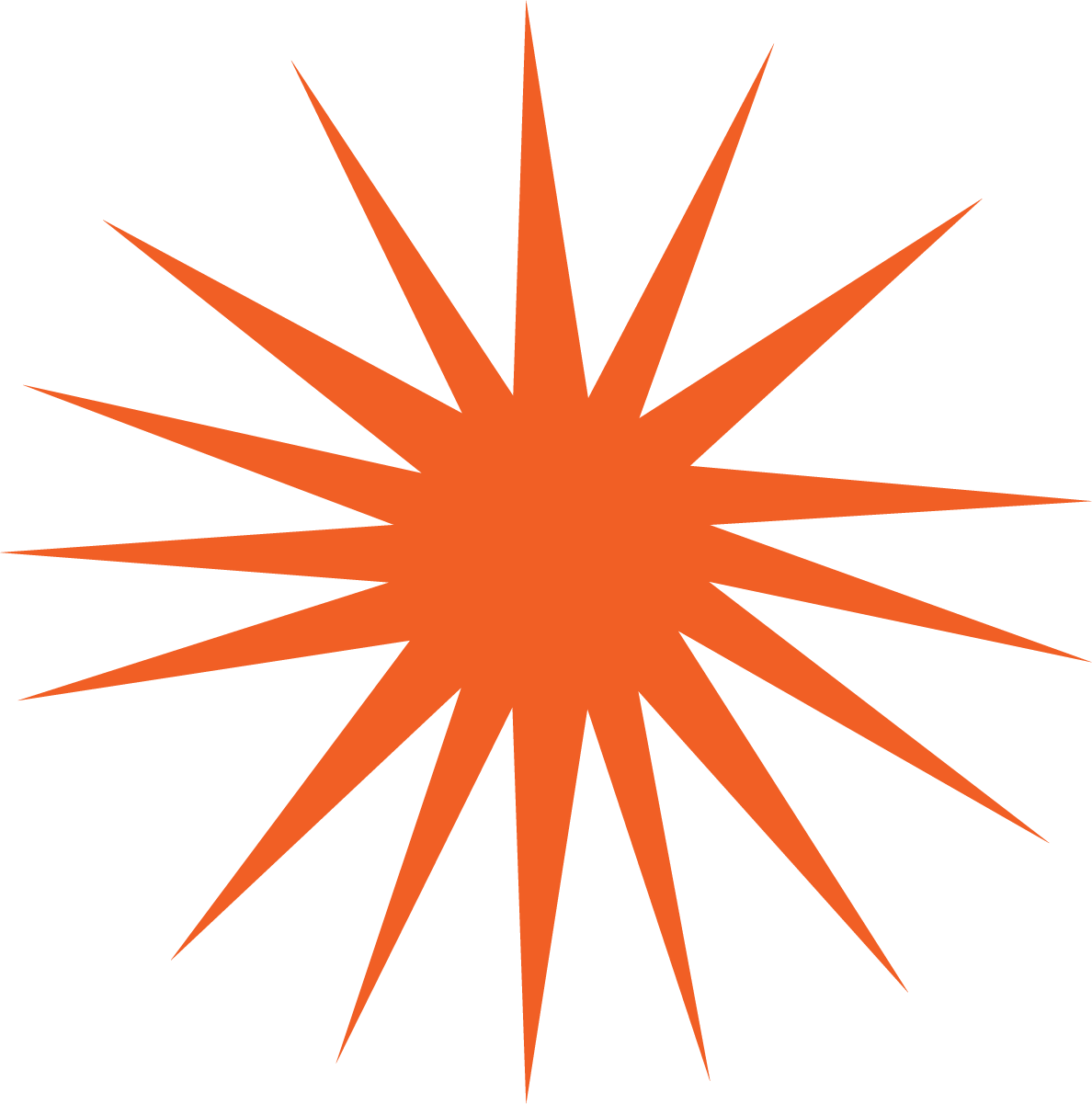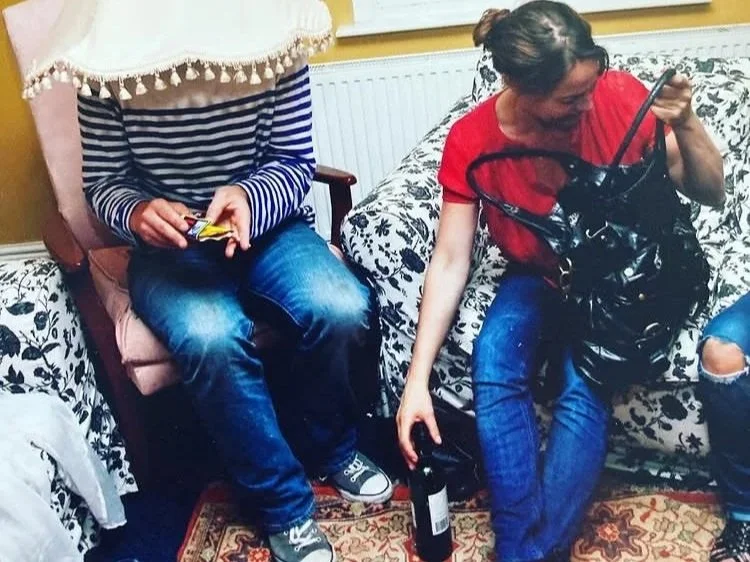Why You’re Not to Blame
Gabor Maté
“The attempt to escape from pain is what creates more pain.”
Why You Are Not to Blame: Gabor Maté on Addiction, Alcohol and Healing the Hurt
Many women who come to me feel weighed down by shame and self-blame around their drinking. They have told themselves they should have more willpower, that they should know better, and that every slip means they have failed. But there is a different, far more compassionate way to understand what is happening.
Addiction Is Not About Weakness or Blame
Gabor Maté, physician and trauma-informed educator, offers a deeply humane perspective on addiction. He explains that addiction is not a moral failing or a lack of discipline – it is an attempt to find relief from pain. When we feel emotionally or physically wounded, alcohol can become a survival strategy. Addiction, in his words, is “a response to human suffering”, not a sign there is something wrong with you. When cravings arise, they are not simply a battle with a drink – they are a message from within, saying: “Help me feel safe again.”
Do Not Ask “Why the Addiction?” Ask “Why the Pain?”
This simple reframe changes everything.
Instead of asking “Why do I drink?”, Maté encourages us to ask “What am I trying to soothe?”
This is not about excusing behaviour – it is about uncovering the real need underneath the urge.
It might be anxiety, loneliness, or overwhelm. When you approach these moments with curiosity rather than criticism, you can begin to hear what your drinking has been trying to express.
Trauma Big or Small Can Lie Beneath the Urge
For Maté, trauma is not limited to major life events. It can also be the quieter wounds of childhood: moments when we were not seen, heard, or emotionally supported. These early experiences shape how we relate to the world – and how we cope.
As Maté says: “Trauma is not what happens to you; it is what happens inside you as a result of what happens to you.”
This insight offers an opening for compassion, for yourself and for your journey.
You Are Not Broken. You Are Wounded. And Wounds Can Heal
While we may not be responsible for the trauma we have experienced, we can take responsibility for our healing. That does not mean blaming ourselves – it means choosing to care for ourselves enough to begin the repair. Maté reminds us that change is always possible. Our brains can grow, connections can be rebuilt, and resilience can be nurtured.
Connection and Compassion Are the Greatest Healers
Shame and isolation keep addiction alive. Recovery is not about punishment; it is about reconnection – with yourself, your truth, your body, and your support system. Meeting your pain with understanding rather than judgement is where change begins.
What This Means for You at Happy Hour Coaching
Connection: Start by showing kindness towards yourself. When the critical inner voice appears, counter it with a gentler one.
Growth: See your urges as signposts, pointing to what you need. This awareness can guide real change.
Integrity: Hold your truth without self-judgement. Progress is built on honesty and compassion, not perfection.
Success: Redefine it. Success is caring for yourself in moments you once numbed. That is real progress.
A Reflection for Today
If you notice yourself reaching for a drink, pause and ask:
“What am I trying to soothe right now?”
Let your answer be met with compassion. You are not broken. You are healing and you do not have to do it alone.

